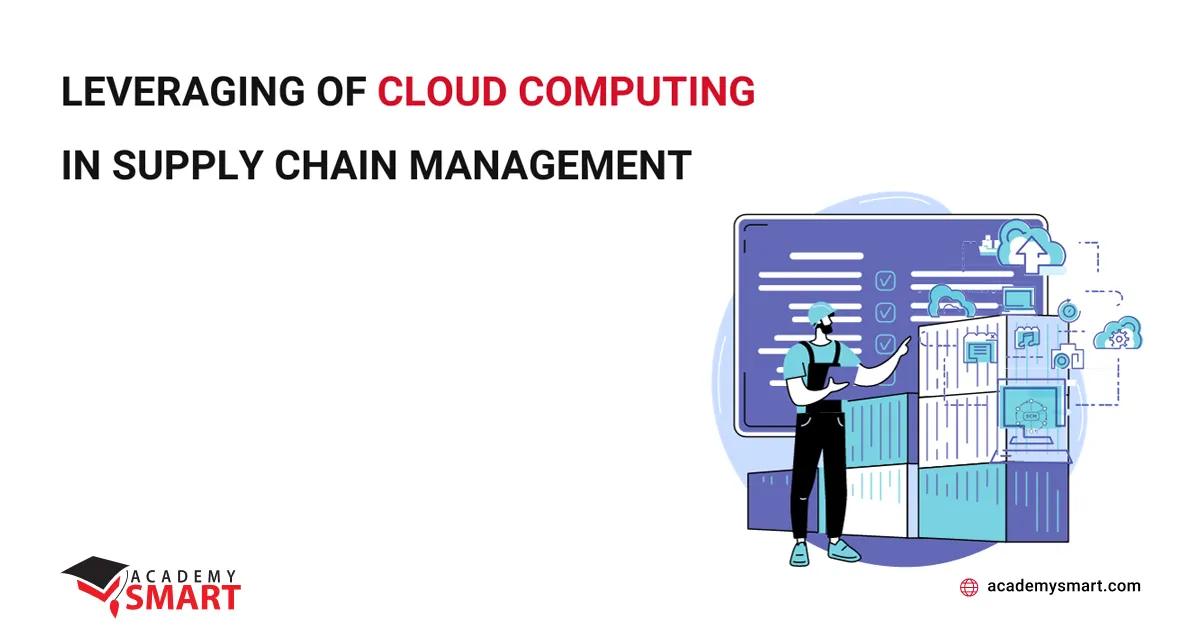1. Real-Time Visibility into Data
- Cloud-based supply chain systems provide real-time access to data throughout the network from suppliers, manufacturers, distributors, and customers. Visibility through this provides:
- Real-time information for informed decisions.
- Immediate response to disruption or demand.
- Increased accuracy in forecasting due to the integration of analytics.
2. Improved Collaboration
Cloud-based platforms promote the free flow of communication among the various supply chain parties as all the information is brought together. Advantages include:
- The sharing of statuses of inventory, shipping, and production.
- It allows access to the same data for all partners.
- Reduces communication delays and improves alignment throughout the supply chain.
3. Scalability and Versatility
Cloud technology possesses on-demand scalability, thus allowing the business to adjust resources based on their needs. This flexibility is imperative in:
- Scaling during peak periods.
- Effects of shifting market changes
- Supporting global supply chain without heavy infrastructure investments
4. Cost Efficiency
By eliminating the requirement for on-premise hardware and software, cloud computing reduces capital expenditure significantly. Further:
- Pricing models based on pay-as-you-go help companies control their operational costs.
- Maintenance costs decline, freeing up resources for other strategic priorities.
5. Advanced Analytics and AI Integration
Cloud platforms easily integrate with advanced analytics and AI tools, which will enable:
- Predictive analytics to forecast demand and avoid risks.
- Optimization of inventory levels to avoid overstocking or stockouts.
- Improved route planning for transportation and logistics.
6. Risk Management
Risk management is made possible by supply chains due to disruptions caused by natural disasters, geopolitical tensions, or pandemics. Cloud computing supports risk management through:
- Real-time monitoring of potential disruptions
- Scenario analysis and contingency planning.
- Rapid recovery through data backups and alternative workflows.
7. Logistics and Inventory Management
Cloud-based systems improve logistics and inventory management through:
- Centralized tracking of shipments and inventory levels
- Automated replenishment based on real-time demand signals.
- Integration with IoT devices for real-time monitoring and tracking.
8. Compliance and Sustainability
Cloud Computing facilitates companies to achieve compliance, and sustainability under the following aspects:
- Records of and reporting on accurate data would be maintained.
- Enable supply chain traceability in ethical sourcing.
- Enable Green initiatives by Optimal routing, reduction in waste.
9. Speedier Deployment of Innovations
- It increases the uptake of new technologies such as blockchain for secure transactions, or IoT for better tracking. Cloud-based platforms also facilitate the updating of software, meaning supply chain systems stay in line with technology trends.
10. Enablement of Digital Transformation
The adoption of cloud computing is at the core of the digital transformation process in the supply chain as it integrates into:
- ERP (Enterprise Resource Planning) systems.
- CRM (Customer Relationship Management) tools.
- Automated workflows for end-to-end process efficiency.



No comments:
Post a Comment